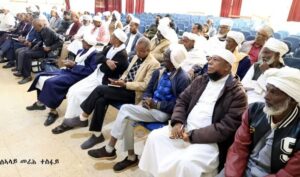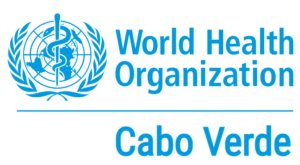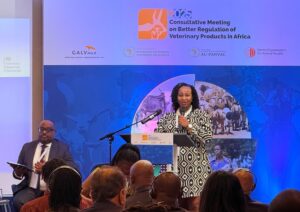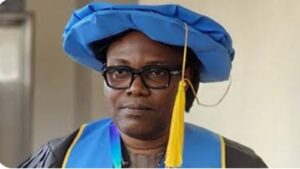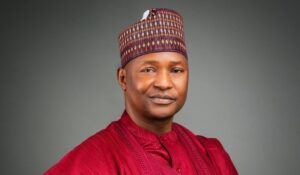
The Pan-African Surgical Healthcare Forum (PASHeF 2025) has reaffirmed its role as a major continental platform empowering African nations to design and implement homegrown solutions that strengthen surgical healthcare systems.
Now in its third year, the forum brought together representatives from the World Health Organization Regional Office for Africa (WHO AFRO), WHO Ethiopia Country Office, Africa Centres for Disease Control and Prevention (Africa CDC), the African Union (AU), as well as delegates from 42 African Ministries of Health and Finance. This year’s theme, “From Policy to Practice – Expanding Africa’s Multidisciplinary Surgical Workforce: What Works for Africa?” underscored the forum’s commitment to turning policy commitments into real-world results.
PASHeF 2025 focused on showcasing scalable innovations, sharing successful national models, and presenting sustainable financing mechanisms to strengthen surgical, obstetric, and anesthesia care across the continent.
One of the key moments of the event was the presentation of Sierra Leone’s newly launched National Surgical, Obstetric, and Anaesthesia Plan (NSOAP) 2026–2030 by Dr. med. Mustapha Kabba, the country’s Deputy Chief Medical Officer for Clinical Services. Developed in partnership with national institutions and international organizations, including Mercy Ships, the plan outlines a strategic, costed roadmap for expanding safe, affordable, and timely surgical care nationwide.
Mercy Ships was represented at the forum by Dr. Walt Johnson, the organisation’s Director of Strategic Partnerships and former WHO lead for Emergency and Essential Surgical Care. He reiterated the group’s longstanding commitment to supporting Africa’s surgical capacity.
Read Also: Health reform requires leadership commitment-Expert
“Africa is driving its own way towards creating its own solutions,” Dr. Johnson said. “The launch of Sierra Leone’s NSOAP demonstrates how political commitment and strong partnerships can translate into real improvements in access to surgical care. PASHeF provides exactly the platform needed to move these ambitions into concrete action at the continental level.”
Across Africa, more countries—including Ethiopia, Ghana, Nigeria, Rwanda, Madagascar, and Tanzania—are developing their own NSOAPs at various stages. This trend, stakeholders say, positions PASHeF as a central force for coordinated regional progress.
NSOAPs were developed in line with recommendations from the Lancet Commission on Global Surgery (LCoGS) and the UN General Assembly Resolution 68.15, which call for essential surgery to be integrated into national health systems as a critical part of advancing Universal Health Coverage (UHC).
According to LCoGS, an estimated 5 billion people globally do not have access to safe and timely surgical care. This includes 1.7 billion children living with treatable conditions such as cleft lip and palate, hernia, club foot, injuries, and congenital anomalies. Experts emphasize that early surgical intervention saves lives and contributes significantly to social and economic development.
Ethiopia’s Minister of Health, Dr. Mekdes Daba, an Obstetrician/Gynecologist, stressed that surgical care must remain central to Africa’s pursuit of UHC. She called for bold, government-driven strategies to transform surgical systems across the continent.
A major outcome of the meeting was the unanimous adoption of two resolutions by all participating governments. In addition, the forum cemented a strengthened partnership with the Africa CDC. As the African Union’s health technical agency, Africa CDC is expected to champion the integration of PASHeF resolutions into AU agendas and drive their implementation across member states.


